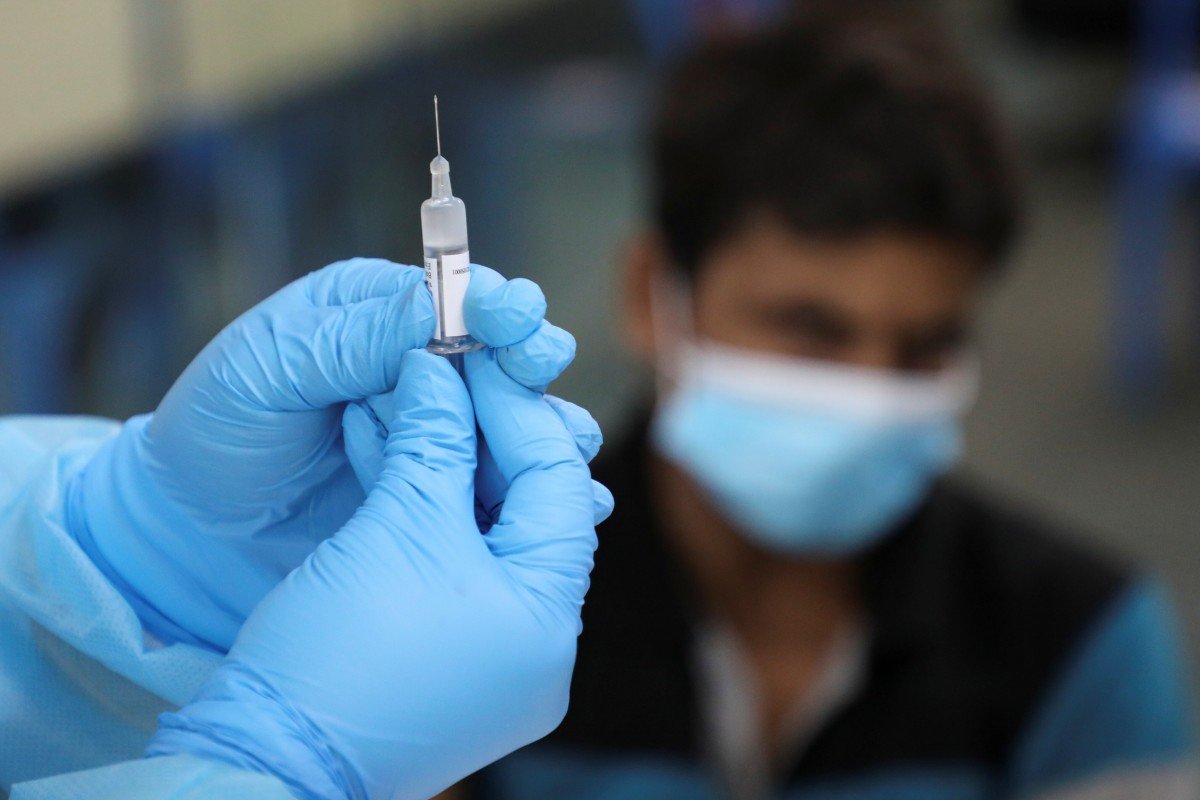"If Vaccination Rate Is Doing Well, Why Are Cases Increasing?" – Dr Explains Why
"Although the vaccine cannot prevent you 100% from getting the infection, it is going to reduce the severity of the infection."
A doctor has offered a clear explanation for why cases are still high despite Malaysia having one of the fastest vaccinations rates in the world
Dr Dhivya Dhyana took to Instagram a couple of days ago explaining that there are two reasons why this is happening.
"20,000 cases infected today does not mean that the infection appeared today," she says, adding that these are people who have been infected in the past two to three weeks.
She goes on to explain this means that they are still detecting new cases that were unidentified within the past month. "And these numbers are probably going to go on for the next month or two."
The second thing to note, she says, is that although Malaysia has one of the fastest vaccination rates, only about 50% of the total population has been fully vaccinated
"Which means the other 50% is either not vaccinated or partially vaccinated."
She elaborates that the definition of 'fully vaccinated' does not just mean that you have completed two doses of vaccination, but it "means that you have completed the window period, which is necessary for your body to build antibodies".
So if you get vaccinated today, for example, "It does not mean that you will be immediately protected tomorrow".
"To develop the immunity, your body is going to need time to produce the antibodies.
"This usually takes 14 to 21 days depending on the vaccination you've taken."
To sum it up, you can only be considered fully vaccinated if you have completed both vaccine doses and passed the window period of 14 or 21 days
"This explains why the effects of the vaccination is not immediately seen. It's going to take weeks, about a month, before we can see a steady drop in the number of cases," she adds.
In the meantime, we can look at the number of cases in each category, which will eventually mean fewer deaths
"Although the vaccine cannot prevent you 100% from getting the infection, it is going to reduce the severity of the infection, which means we are going to see a drop in the number of cases in the Categories 4 and 5, and a reduction in number of hospital admittance, oxygen requirement, and ICU admissions."
This will ultimately mean a reduction in the number of deaths, she adds.
"So don't lose hope on vaccinations yet, just because you don't see an immediate drop in the number, that does not mean that the vaccination is not working."


